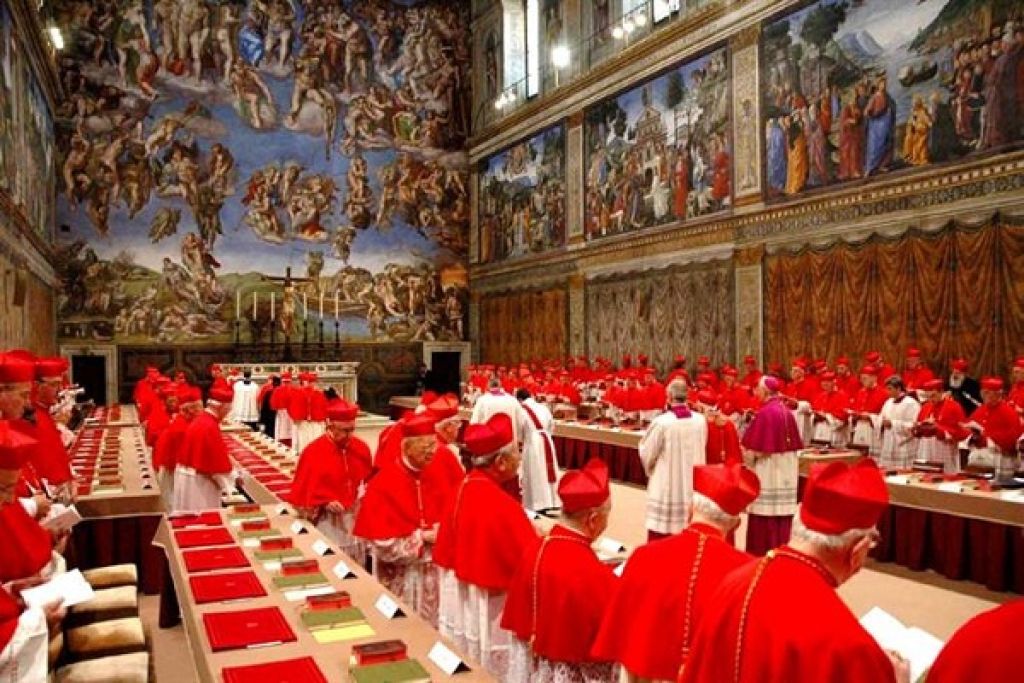[ad_1]
WASHINGTON/SALT LAKE CITY (Reuters) – U.S. President Donald Trump announced big cuts to Utah’s sprawling wilderness national monuments on Monday, angering tribes and environmental groups that want to keep the areas off limits to development.
Trump’s announcement follows a months-long review by the Interior Department that he ordered in April to identify which of 27 monuments designated by past presidents should be rescinded or resized to provide states and local communities more control over how the land is used.
Unlike national parks that can only be created by an act of Congress, national monuments can be designated unilaterally by presidents under the century-old Antiquities Act, a law meant to protect sacred sites, artifacts and historical objects.
Trump has said former presidents abused the Antiquities Act by putting unnecessarily big chunks of territory off limits to drilling, mining, grazing, road traffic and other activities – a headwind to his plan to ramp up U.S. energy output.
In a speech to supporters in Utah’s capital Salt Lake City, Trump called for the 1.3 million acre (0.5 million hectare) Bears Ears National Monument, created in 2016 by then-President Barack Obama, to be cut back to 228,784 acres split into two separate areas.
He also called for a 50 percent cut to the state’s 1.9 million acre Grand Staircase-Escalante National Monument created by President Bill Clinton in 1996, splitting it into three areas.
Republican Congressman Rob Bishop of Utah, chair of the House Natural Resources Committee, is expected to introduce legislation after Trump’s announcement to carry out the cuts, a House aide said. It is unclear if the measure would have a chance of passing the Republican-controlled body.
Trump will also ask Congress to look at the areas that are being removed from the current monuments to consider designating some as a national conservation or national recreation areas, and create a co-management structure for tribes.
Interior Secretary Ryan Zinke told reporters the changes were supported by Utah’s Republican Governor Gary Herbert, along with Utah’s congressional delegation, the state legislature, and the local county Commissioner Rebecca Bennally.
But tribal leaders representing the five tribes that pushed for the creation of the monument, and who now manage it, said they will take the Trump administration to court. They include the Navajo, Hopi, Pueblo of Zuni, Ute Mountain and Ute Indians who consider Bears Ears sacred.
”We will be fighting back immediately. All five tribes will be standing together united to defend Bears Ears,” said Natalie Landreth, an attorney for the Native American Rights Fund, which believes the cut would violate the Antiquities Act.
Obama created Bears Ears – an area bigger than the state of Delaware and named for its iconic twin buttes – days before leaving office after lobbying by the tribes.
Zinke told reporters that he believed the moves to shrink the monuments could be successfully defended in court.
“I‘m confident that we will prevail because it’s the right thing to do,” he said.
Conservation groups and outdoor clothing company Patagonia have also said they plan to file a legal challenge, arguing the administration ignored public support for the monuments.
Others, however, are likely to welcome Trump’s announcement as a chance to boost the economy in one of America’s most remote areas and gain more local control of its management.
“Reducing the size of monument would help free up a lot of land that has been under oppression,” said Mike Noel, a state representative from Kane County, more than half of which is occupied by Grand Staircase.
Reporting by Valerie Volcovici; Editing by Richard Valdmanis and Marguerita Choy
[ad_2]
Source link






Leave a Reply